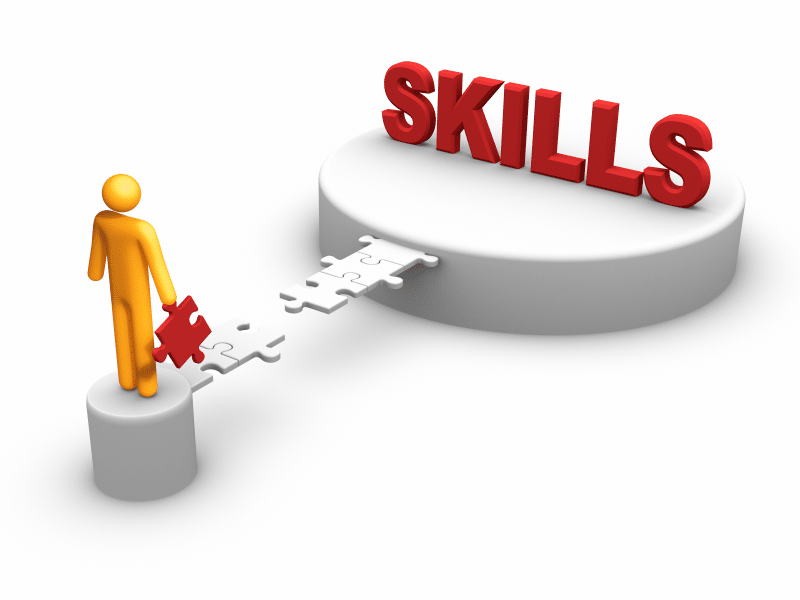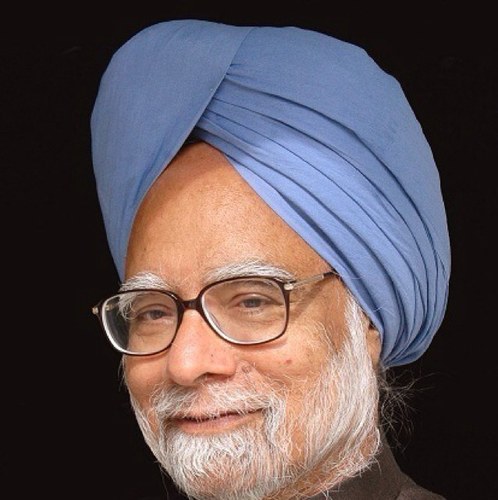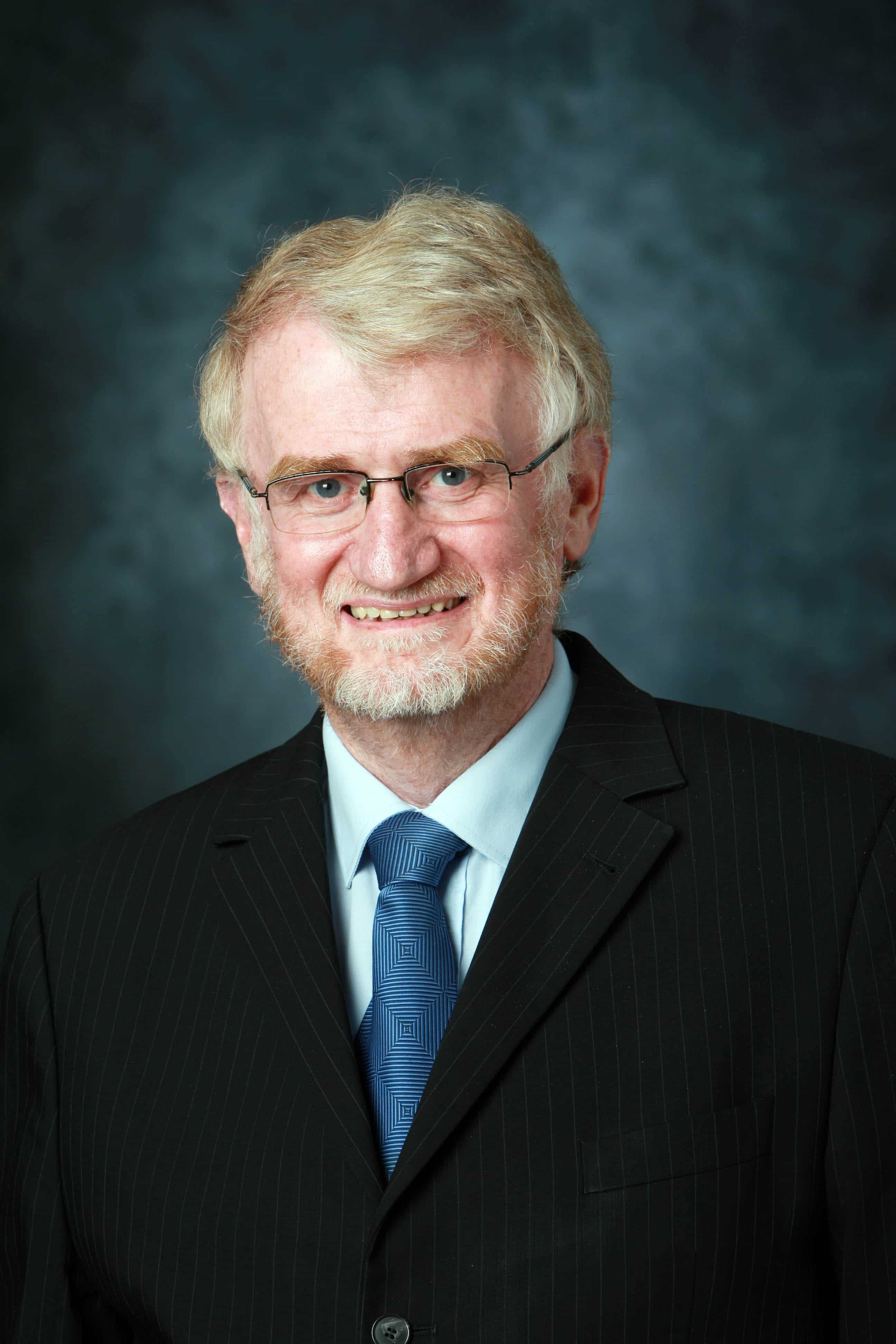Leader: University College Dublin (UCD), ranked among the top one percent world universities as per 2012 QS Rankings (ranking 130), is one of the oldest universities in Ireland. Established in 1854, UCD has over 25,000 students of which over 5,500 are international from over 122 countries across the world. Professor Gerald Byrne, Vice President and College Principal, UCD College of Engineering and Architecture sheds light on what makes Ireland a preferred education destination…
Excerpts:
Please shed some light on Scholarship programmes that the university offers for Indian students.
UCD is offering attractive scholarships to attract brightest Indian students to UCD, and to Ireland. This visit is particularly important in order to raise profile of scholarships available to Indian students. UCD is making two full, merit-based tuition scholarships specifically for Indian students applying for postgraduate and undergraduate courses. Exceptionally strong students will be encouraged to apply for UCD’s Government of Ireland Scholarships for India. Under this, two fully funded Government of Ireland scholarships are available to graduate students from India, for the academic year 2013-2014.
What are the unique courses that you offer for Indian students?
There are over 70 undergraduate courses in UCD, and nearly 350 postgraduate courses. We have a range of programmes that will be in demand by Indian sectors going forward such as MSc in Food Safety and Risk Analysis, ME Energy Systems, MSc Imaging and Microscopy, Masters in Law (IP and IT Law), MSc Supply Chain Management, ME Biomedical Engineering, and many more.
What are the different areas for Indian students that are you planning to invest?
We are continuing to invest heavily in the campus infrastructure and facilities. UCD is proud to have the largest urban campus in Europe with over 350 acres in Dublin, Ireland’s capital. Our facilities are top in Ireland. The student experience is very important in UCD. Apart from new accommodation on campus (we have over 3,000 beds in our student apartments on campus), we have also opened a new student centre on campus. It boasts of an Olympic size swimming pool, drama theatre, fitness centre, debating chamber – even a cinema on campus.
An area that many Indian students are keen to find out more about is investment in career services. We have an excellent Career Development Centre, which engages with students early in their studies to help them, as they look for employment opportunities after graduation. We continue to invest in this area to support Indian students in honing their profiles, to make them more employable. Our Careers Office helps students to consider what careers are best for them based on how their personal aptitudes, interests and personality traits are linked to different careers. Students can enhance their interview technique, network with employers and professional bodies on placement days at the campus. They can also search our hard copy and electronic career library for graduate vacancies and internships
Being a Global University you have over 200 partnerships with various best universities all across the world. Please shed some light on the various MoU you have signed with other universities.
In India, we have a very strong relationship with Delhi University (DU) through the University 21 network, of which UCD and DU and only universities respectively representing their country. We are also engaged with IITs and Indian universities for research and academic exchange. Further, we work with universities like NUS in Singapore, Fudan University in China, University of Edinburgh in UK and University of California (Berkley), to name a few.
Kindly tell us about the current higher education scenario and the career prospects
Ireland has a tradition of commitment to education, and being the second most globalised country in the world, it is one of the most highly educated countries in world (second in Europe). Career prospects in key areas remain extremely strong, but students should not be complacent about securing positions in Europe. It is a very competitive job scene in Europe and US, at the moment. Employers are looking for flexible graduates who not only performed well in the top ranking universities, or have studied relevant programmes or have necessary skills, but also students who have international exposure. Graduates today are expected to live across the world.
What are the employment opportunities in key emerging sectors?
There are several, but following are noteworthy:
Agri-food: There are 230,000 jobs linked to agri-food. Ireland is the UK’s largest supplier of food and drink. It is the biggest net exporter of dairy ingredients, beef and lamb in the EU and produces 15 percent of the world’s infant formula. Innovation is the key to the national agri-food strategy, which aims to create 30,000 new jobs. Agri-food research has been allocated €641 million, or 11 percent of the total funding available for science, technology, and innovation. Two national research priority areas relate to agri-food – sustainable food production and processing, and food for health.
ICT: All of the world’s top 10 technology companies have a presence in Ireland. ICT currently employs 90,000 people, 3,500 new ICT jobs were announced in 2010 and over 4,000 in 2011, and 5,700 new jobs have been announced so far, this year.
Pharmaceuticals: Nine of the top 10 multinationals have substantial operations in Ireland. Pharma exports were worth €55.1 billion in 2011, and Pharma exports represent over 50 percent of total national exports.
Medical devices: At least 11 of the top 13 global medical technology companies have significant manufacturing or R&D facilities in Ireland. The sector employs 25,000 people, the highest proportion per head of population in Europe and exports grew to €7.3 billion in 2011, up 15 percent since 2008.
Green economy: Almost 60 percent of companies in this sector are currently looking for staff. The sector employs 18,750 people with a market size estimated at €3.05 billion. Growth is predicted in renewable energies; efficient energy use; water and waste treatment; waste management, recovery and recycling; environmental consultancy services; green ICT applications and software. It is predicted there will be 14,500 job opportunities at all skill levels, over the next five years. Skills needed include operatives, skilled workers, sales and office staff, technicians, managers, engineers, scientists and professionals.

























